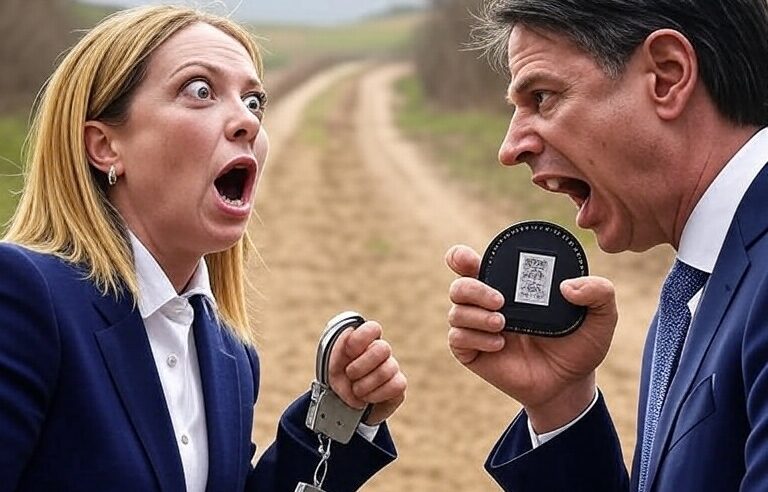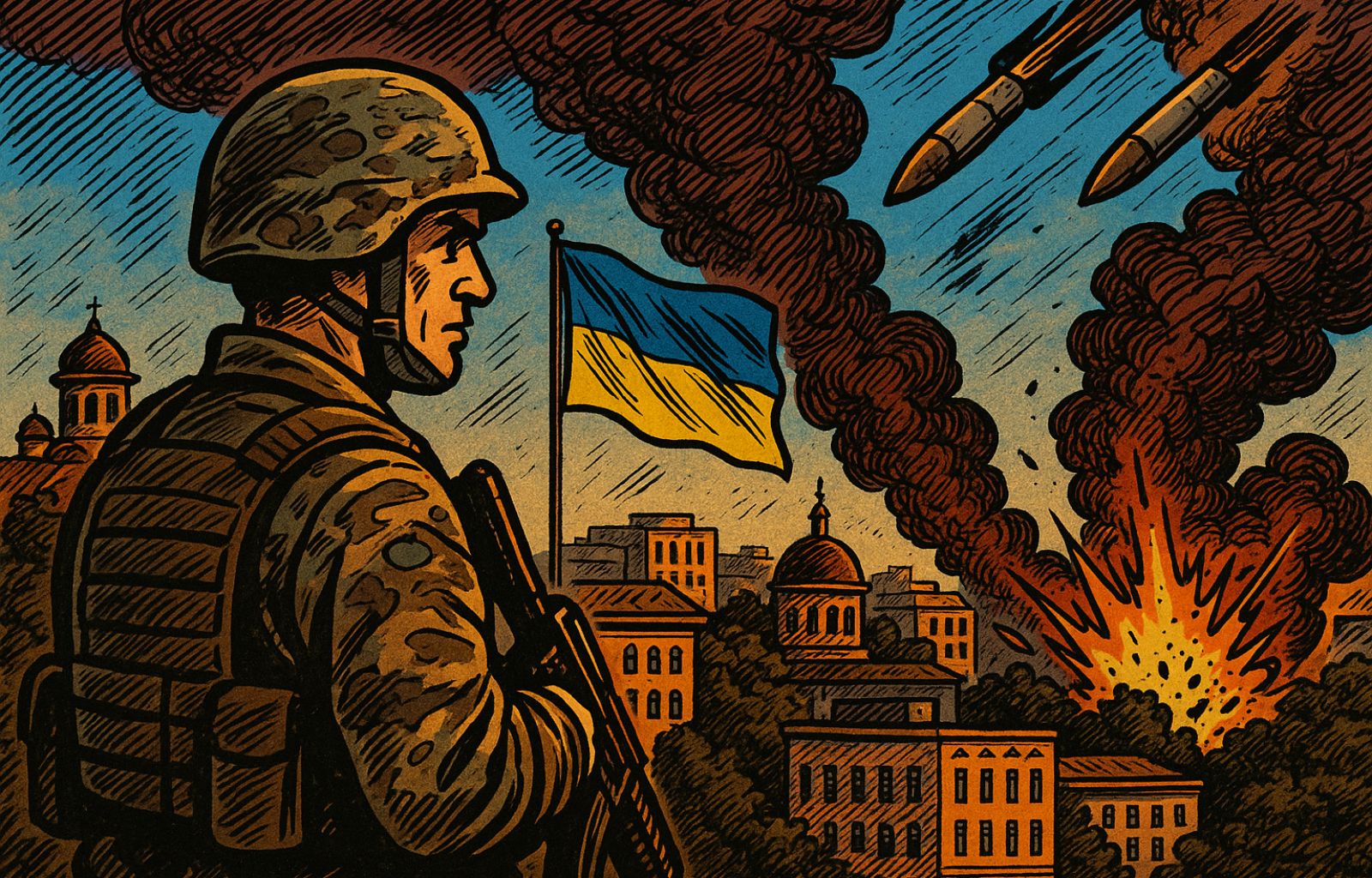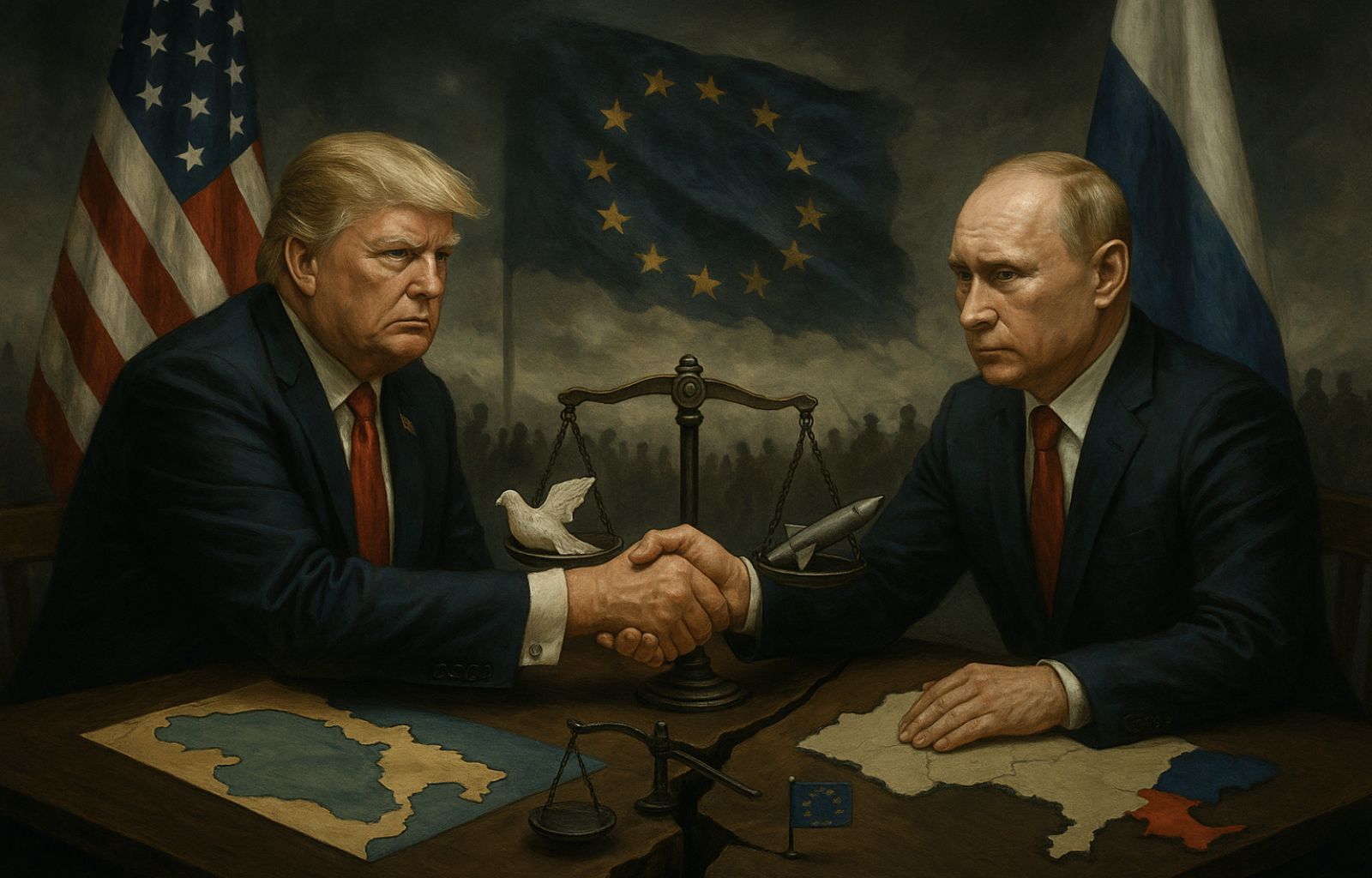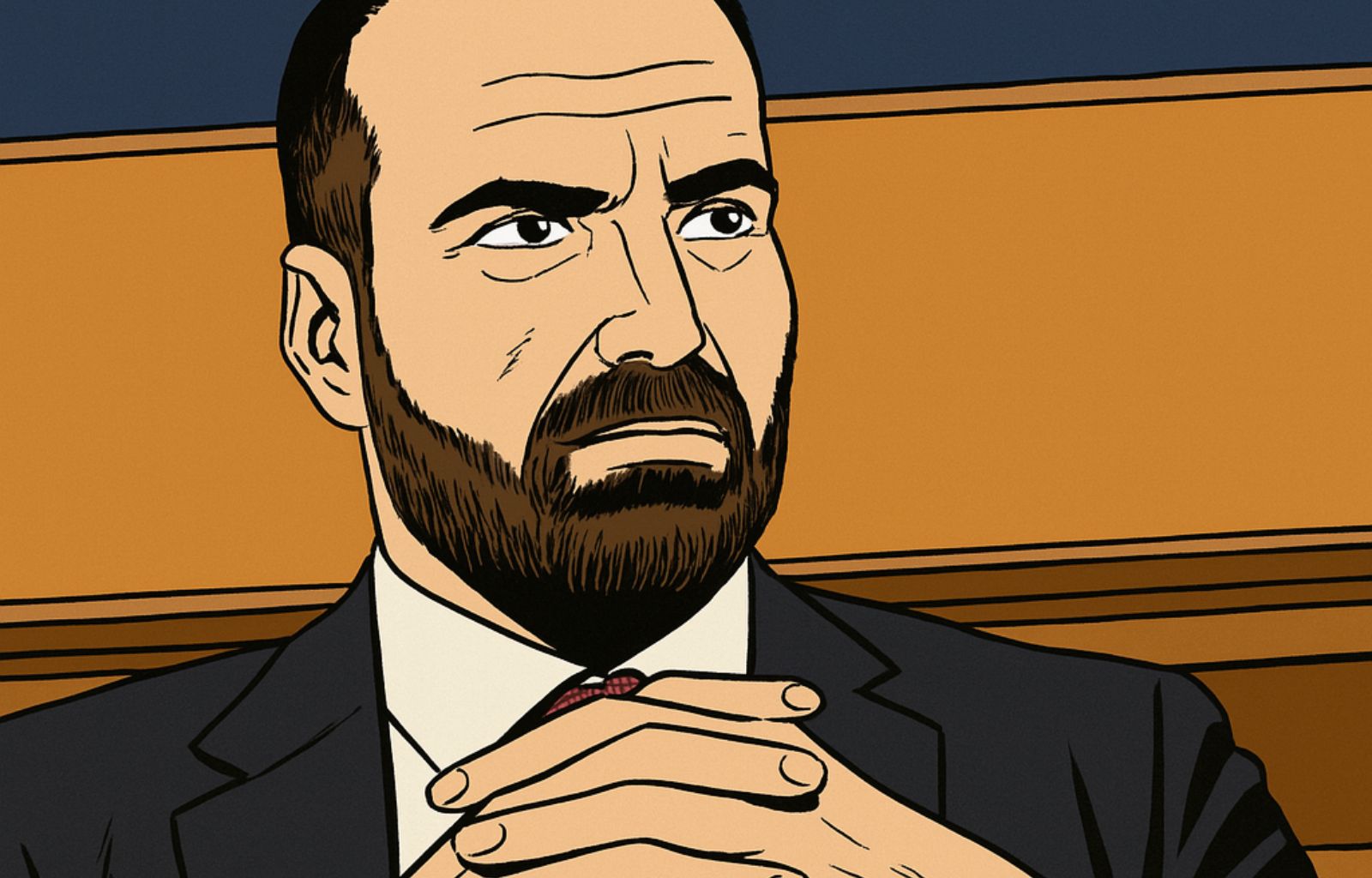A 500 billion fund for European defence, the big bang needed
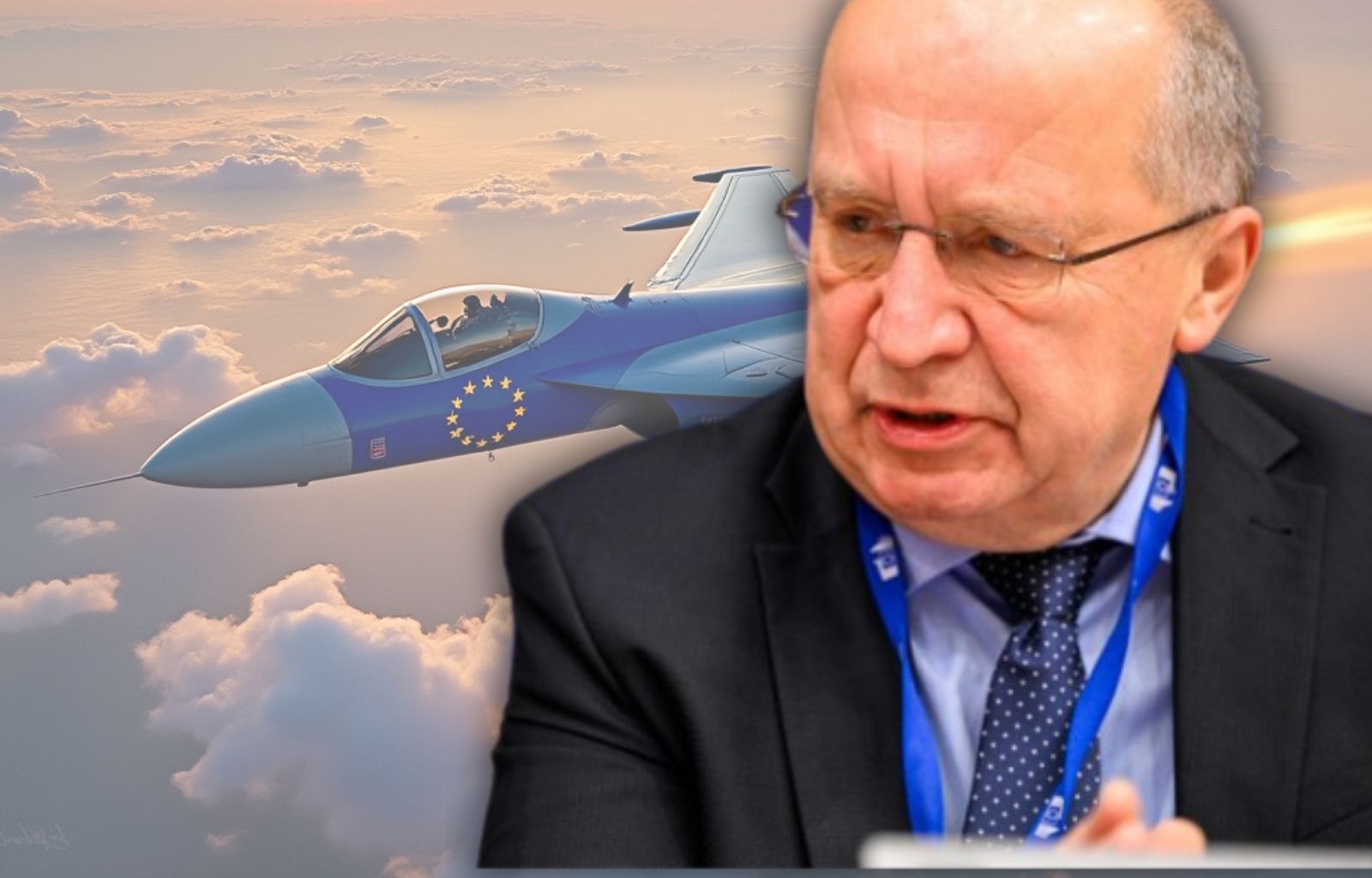
Donald Trump’s return to the White House for a second term could be a crucial moment for Europe’s security. With the prospect of reduced US support for NATO andUkraine, Europe is faced with a dramatic reality: it must urgently adopt a bold and collective approach to its defence. Central to this effort is the proposal to establish a European defence initiative, similar to the Next Generation EU programme, focused on enhancing military capabilities and reducing dependence on the United States. To give substance to this vision, the President of the European Commission instructed the Commissioner for Defence, Andrius Kubilius, to draft a detailed proposal in the form of a European Defence White Paper in the first three months of his term of office.
Andrius Kubilius, former prime minister of Lithuania, outlined the main pillars of his proposal during his first appearance before the Security and Defence Subcommittee (SEDE). Among the most significant measures, he reiterated his support for the issuance of common bonds to finance a ‘big bang’ in European military spending. Kubilius explained that the debt could easily be repaid if member states decided to share part of their national defence budgets. As an example, he suggested that aone per cent of GDP increase in military spending in each of the 27 member states would generate around EUR 200 billion per year, funds that are essential to tackle short- and long-term challenges.
According to the estimates presented by the commissioner, Europe will need around EUR 500 billion to build a common air defence shield and another EUR 200 billion over the next decade to modernise infrastructure to ensure the rapid mobilisation of troops and military equipment within the EU. However, the funds earmarked for defence in the 2021-2027 multiannual budget only amount to around EUR 10 billion, highlighting a huge gap that Europe will have to fill quickly. In response to this urgency, Kubilius proposed replicating the model adopted during the COVID-19 pandemic to support European economies by issuing ‘defence bonds‘. In this case, however, member states would have to advance part of the funds, thus reducing borrowing and repayment costs.
This proposal has already received the informal support of countries such as France, Italy, Poland, the Baltic republics and Greece, which recognise the urgency of strengthening the continent’s resilience and consolidating its strategic autonomy.
The knot of political integration
However, the debate is not limited to a division between countries for and against. The issue is much more complex, as it reflects fragilities and fears on both sides. On the one hand, the historically more financially and fiscally disciplined countries, such as Germany, the Netherlands and Finland, fear that behind the common debt instrument lies an attempt by less responsible countries to relax their fiscal discipline. On the other hand, the very experience of the Next Generation EU brings up more than one caveat: despite the success in securing resources for the digital and ecological transition, over-fragmentation and decentralisation of expenditure has reduced the efficiency of investments. To put it crudely, filling a country with cycle paths is not automatically the same as achieving ecological transition.
Similarly, the countries in favour need to address a crucial issue: a step as big as the creation of a EUR 500 billion defence fund needs strict control over how it is invested in order to be acceptable to all and sustainable in financial terms. When we talk about defence and the use of public money, we enter the heart of democratic power, and decisions must be taken by a democratically legitimised authority. It follows that a quantum leap in the common European defence dimension inevitably implies a quantum leap inpolitical integration.
Inaction is obviously not an option. Strengthening Europe’s capacity to respond would also mean rebalancing the balance of power with Russia, avoiding scenarios already seen in history, such as the Munich Agreement of 1938, which with its appeasement policy did nothing but fuel Hitler‘s ambitions. Not decisively confronting Russian aggression today could lead to equally destabilising consequences, such as a new arms race, the definitive weakening of Ukrainian sovereignty, and the opening of new fronts, such as the Baltic one.
The real Next Generation EU
In conclusion, the creation of a European defence fund, therefore, is not just a question of resources or military strategy. It is a choice of identity, an awareness of one’s responsibility towards the future. It would be the real Next Generation EU, the plan that offers the Union not only the chance to look forward with hope, but to do so as a force capable of guaranteeing stability and security for generations to come. In a world where freedom and democracy are no longer certainties, but conquests to be protected every day, Europe has a historic opportunity to show that its project is not only economic, but profoundly human and political.

